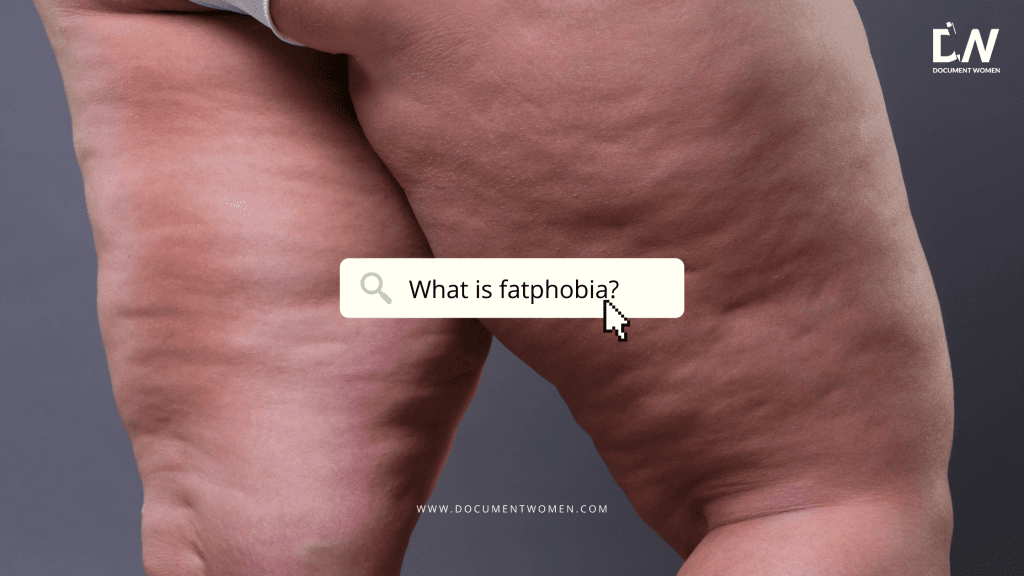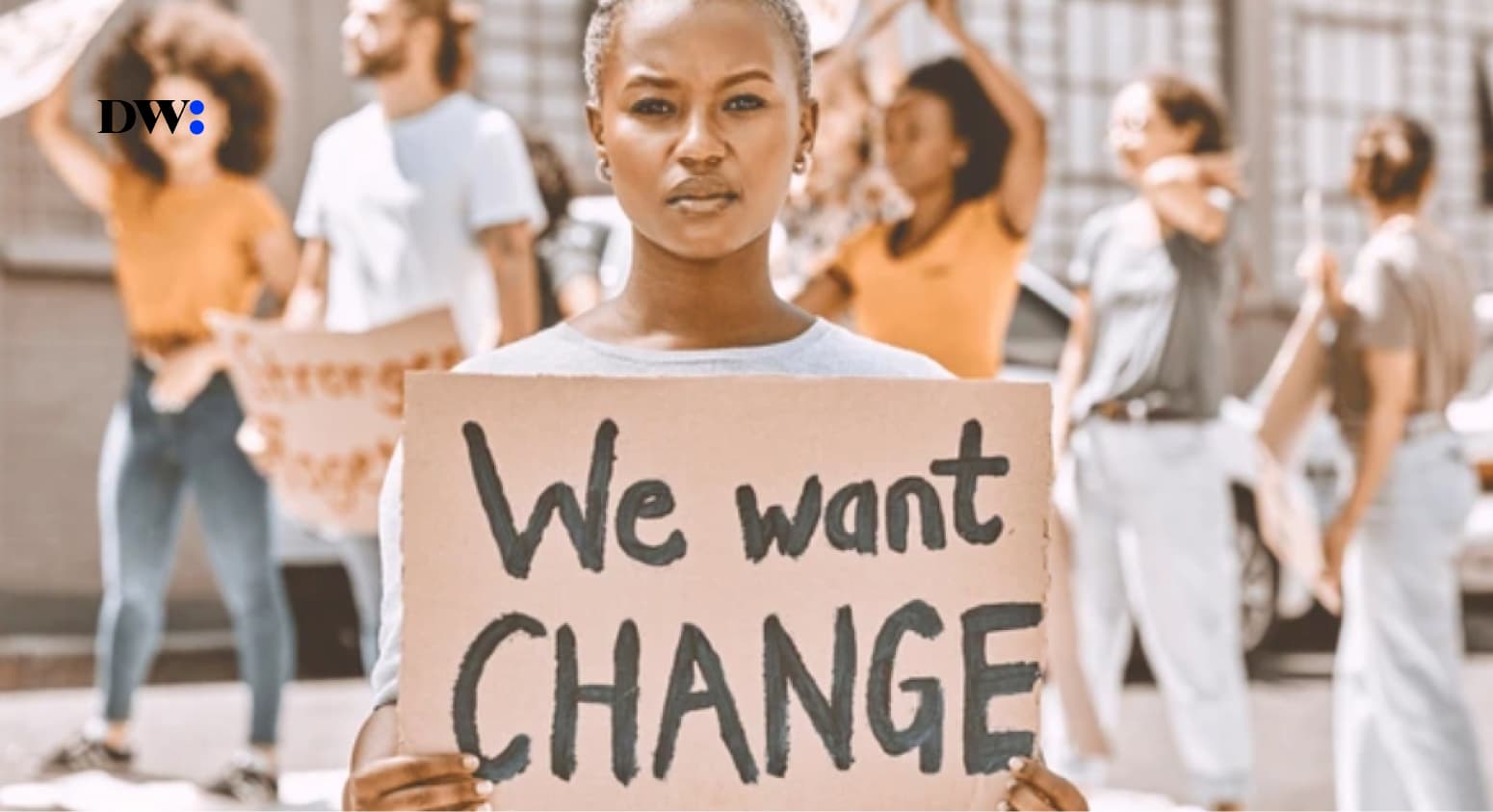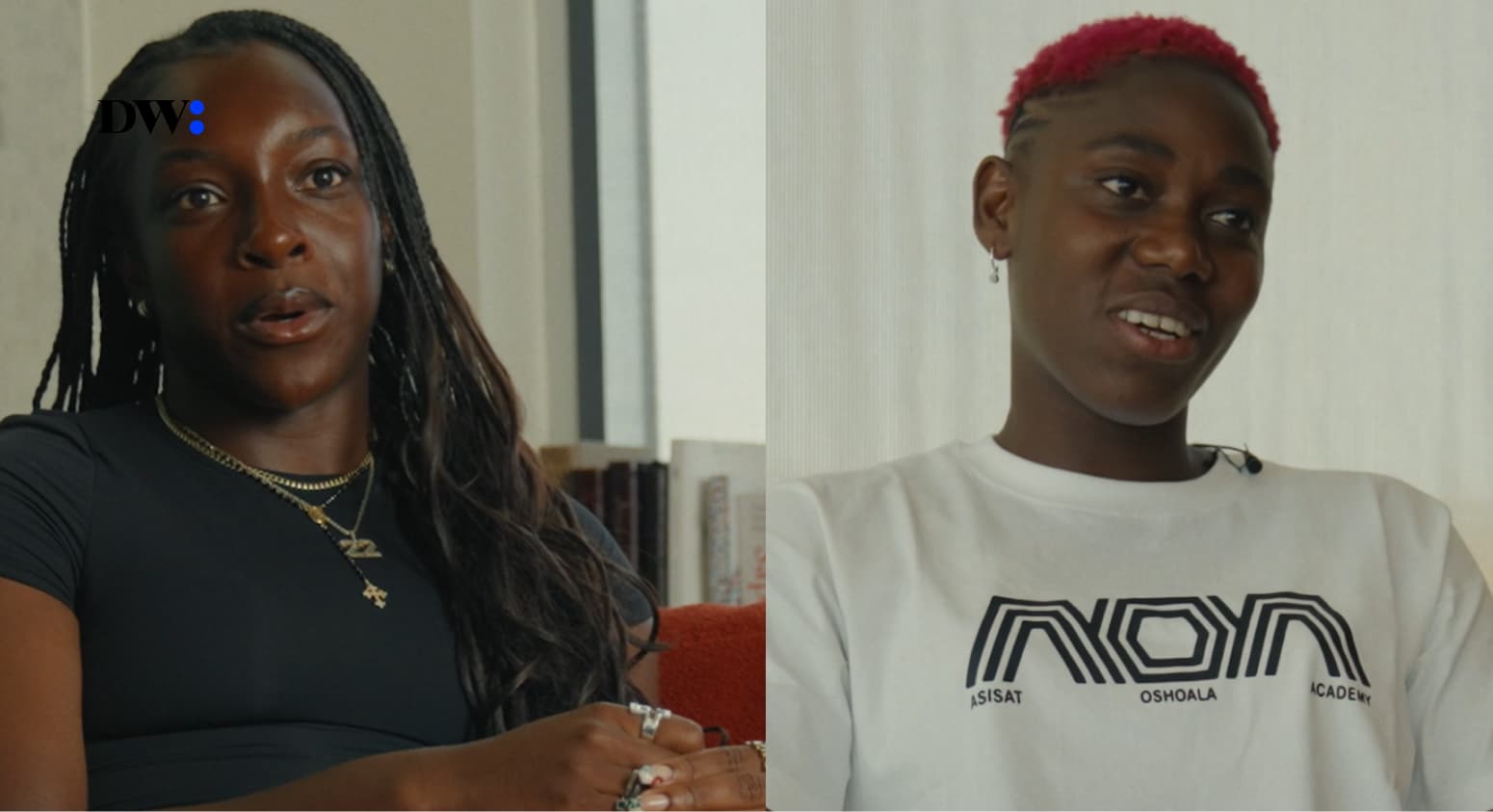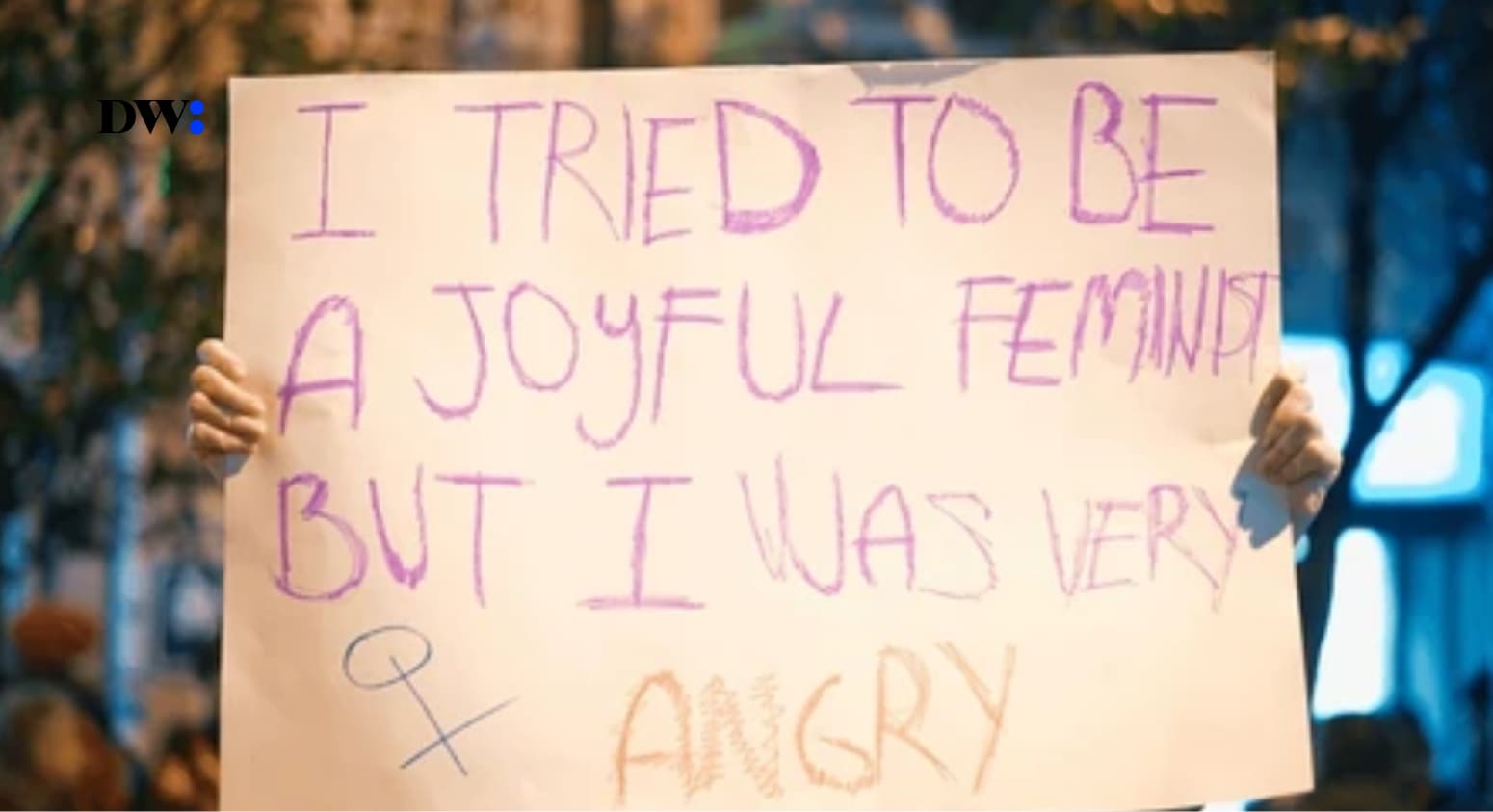“Weight loss culture is rooted in fatphobia.” This simple statement triggered a discourse on Twitter that inspired, of course, more fatphobia.
On another occasion, I distinctly remember a tweet where someone, in response to being called fatphobic, said something along the lines of “why don’t you take this energy to the gym?”
People hate to hear that in their privilege and sometimes, even oppression, they are oppressors themselves. Fatphobia is pervasive in all aspects of life and believe it or not, it is institutionalised.
From the beauty (& fashion?) industry notorious for excluding fat people to the doctors who – studies have shown – disregard fat patient complaints at a higher rate leading to large-scale misdiagnosis, society’s systems and their workings don’t seem to cater for and demonise fatness.
Perceptions of weight concerning health are often actually rooted in aesthetics. Weight loss culture for example. Now, be honest, if you’ve ever thought of losing weight or made a conscious attempt to lose weight, was it in a quest for general health or well-being or was it an attempt to look a certain way? Was it a ploy to fit into society’s standards of desirability?
There is a lot of truthfulness lacking in these discussions about weight. A slim person uploads a video of themselves wolfing down ridiculous amounts of food and nobody raises any objections based on health. A fat person simply “is”; maybe they post a picture of themselves just doing regular things and the think pieces are endless. Weight watchers assemble to shame, insult and offer unsolicited weight loss tips and tricks to this person or people come to tell them how bold and confident they are for simply existing.
It’s almost an offence to be a fat person and to love the body you’re in. People try to strip you of your confidence and make you hate your body so that you conform to society’s standards of beauty and, they do this under the guise of health advice and concern for the well-being of said person. The irrational anger seeing fat people happy and confident inspires is truly disturbing. In the same way, slim≠healthy; fat≠unhealthy. It is also extremely dishonest that everyone is suddenly keen on health when it involves fat people.
How many people actually live “healthy” lifestyles and why do people project their perceptions of what unhealthiness is on ONLY fat people?
Fatphobia is glaring in the treatment of women like Lizzo and Gabourey Sidibe. The endless barrage of insults and mockery they’re constantly met with is disheartening. Lizzo hate is ever-present on social media and we saw the hot takes when Gabourey got engaged and how men shamed her fiance. How dare a fat woman have a love interest? Fat people are not seen as autonomous individuals who can and should love themselves and be loved.
Itohan says “The worst thing about fatphobia is how so many people deny its existence. I guess that can also be the funniest thing. They talk about how much fatphobia is not a real thing and then talk much more about how they don’t want to add any more pounds because they hate being fat. Fatphobia doesn’t just stop at you not wanting to be fat. It’s dismissing fat people’s concern for their health, and reducing it to “just lose weight.” [As] if losing weight solves all the problems of health, throw away your painkillers and vitamins. Just lose weight.”
These harmful stereotypes and the hate they fuel toward fat people makes people abhor fatness and avoid it. They know how fat people are treated and want no parts or they simply want to fit into the mould of beauty that is conventional and commercialised. Because of this, weight-loss culture thrives on harmful practices. Bonita on Twitter talks of how she lost a large amount of weight as a result of an illness and people praised her new look and did not question how she lost the weight. This just shows how irrational and insensitive fatphobia is. If the goal was healthiness, why glorify weight loss that’s harmful to the person?
Then, there’s the power dynamics of weight loss and the upward scaling that accompanies it. Lizzo announced that she would be taking certain fitness steps and the internet imploded. When Adele lost weight we didn’t stop hearing about it. “Now she’s attractive” and so on, nothing about health though.
Fiyin explains fatphobia and its manifestations beautifully. “Fat bodies are normal bodies. Fatness is a normal body variation. Not everyone can/will be thin”.
The culture of constantly trying to impose weight loss on fat people needs to end. There is nothing inherently wrong with fatness, so people need to stop proffering solutions to what is not a problem. Even medical practitioners make erroneous judgments rooted in fatphobia so, imagine how harmful the unsolicited two cents of random people are. A “Journal of Obesity” review in 2015 showed that health care professionals’ negative feelings about fat bodies could lead to misdiagnoses, negatively impacting patient outcomes.
In movies, the depiction of fat people is always wholly centred around their fatness. They are portrayed as one-dimensional beings whose entire journey in said film is centred on weight loss. “Nigerian filmmakers don’t make bigger women the lead unless her whole character is about weight loss or hating her body. Or finding somebody to marry her because she’s fat.” And this is reflective of society as a whole.
Fatphobia is systemic, so your harmful opinion is not just that; it is oppression. As a society, we need to unlearn the habit of commenting on people’s appearances and stop trying to impose shame and inculcate self-hate in other people.





